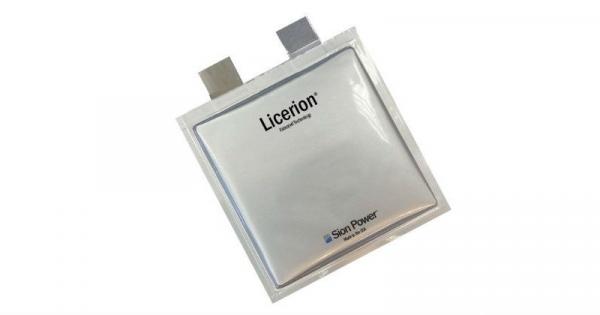Lithium-metal battery developer Sion Power has announced promising results from its demonstration cell that uses a metallic lithium anode and nickel-rich commercial cathode material.
The US firm tested the 1.8Ah prototype cell which it is developing for electric vehicle applications requiring high energy density, increased cycle life, and fast charging capability.
The cell uses the Arizona-based firm’s protected lithium anode (PLA) and advanced electrolyte formulations.
The cell demonstrated a power density of 310Wh/L and specific energy of 210Wh/kg. In a production-scale cell, the company predicts the corresponding values will be 700Wh/L and 400Wh/kg.
The company said it was able to charge the 1.8Ah cell from 0% to 100% depth of discharge in 15 minutes, and anticipates the same charge time for a commercialised cell. Charge times of 15 minutes to 100% state-of-charge were repeatedly demonstrated with 99.7% efficiency.
The cell was able to cycle 800 at full depth of discharge cycles to 70% capacity.
The company’s CTO Dr Urs Schoop said the achievement demonstrated a balance between high energy density, faster charge times, and longer cycle life.
He told BEST: “We are commercialising different versions of Licerion cells and battery technology, starting with the High Energy cell.
“The EV version is in the prototype stage and demonstrates the capability of the technology. Our business plan is to develop a commercial EV cell together with a licensed manufacturer and the right automotive customer.”
Sion plans to license its Licerion EV technology for use in automobile applications while focusing their internal manufacturing capabilities on specialised markets, including electric vertical take-off and landing vehicles (eVTOL) and unmanned vehicles.












